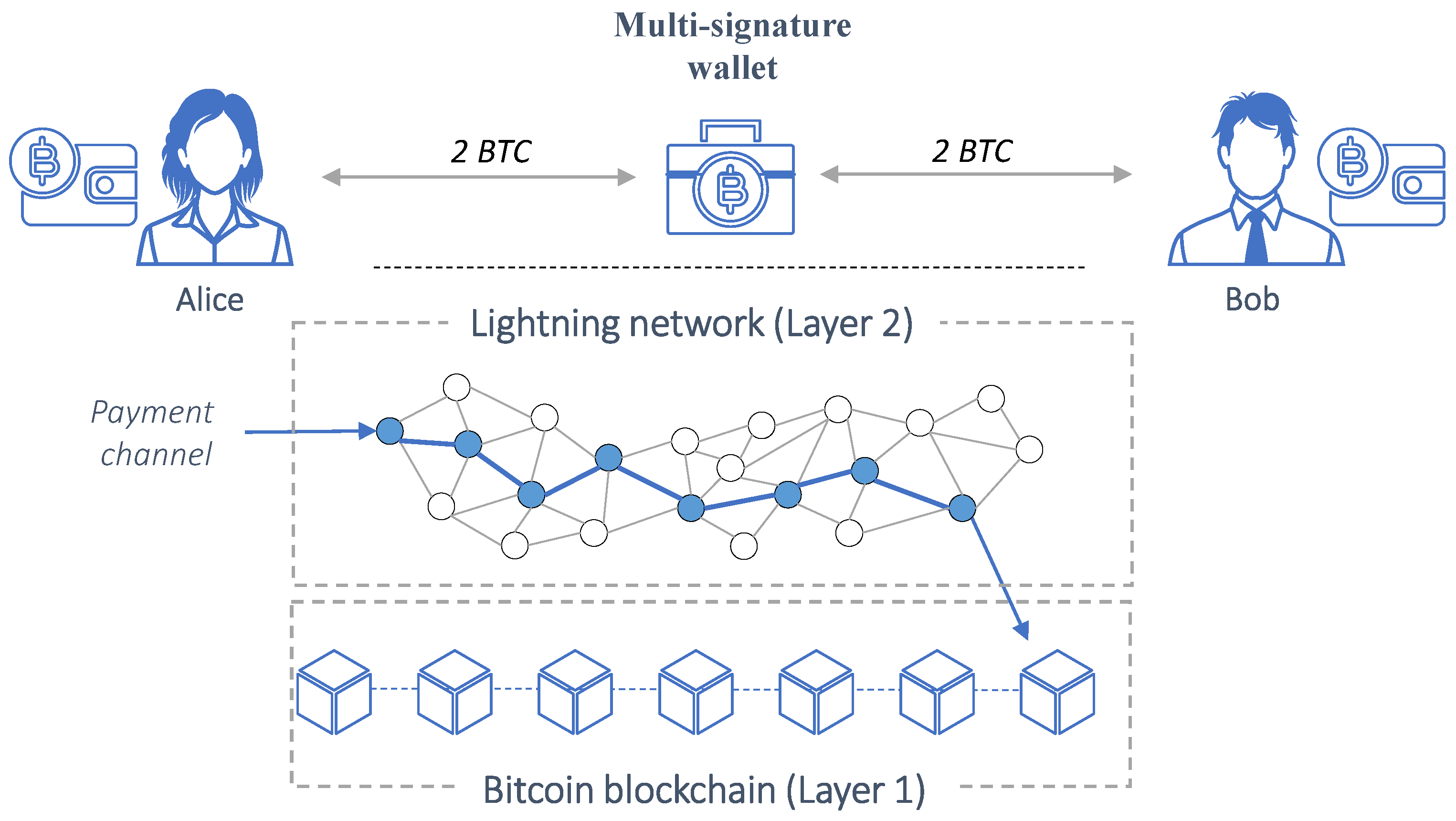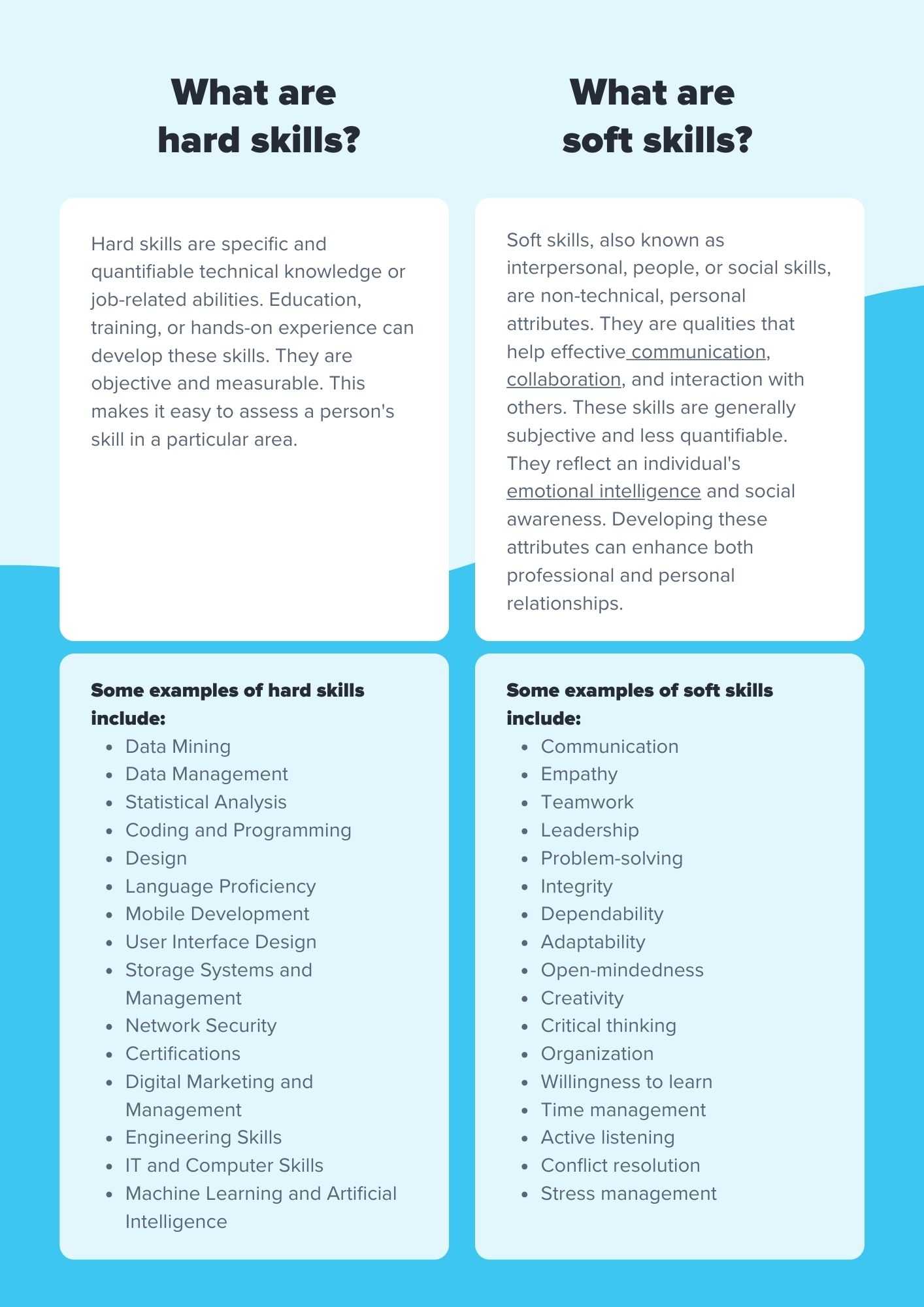Determining whether computer science or cybersecurity is harder depends on individual aptitudes and interests. Some find the abstract theories in computer science challenging, while others struggle with the dynamic nature of cybersecurity.
Choosing between computer science and cybersecurity is a decision often rooted in personal preference and career objectives. Both disciplines demand a solid foundation in technical skills and critical thinking, yet they diverge in focus areas and day-to-day tasks. Computer science is broad, delving into software development, algorithms, and system design, and requires a robust understanding of mathematical concepts.
Cybersecurity, alternatively, is more specialized, concentrating on protecting data from cyber threats, necessitating staying abreast of the latest security trends and understanding complex security systems. Aspiring tech professionals should consider their strengths and career goals when navigating these distinct yet interconnected fields. The level of difficulty experienced can vary widely, reflecting the learner’s background, learning style, and adaptability to constantly evolving technologies.

Credit: www.rusi.org
Unpacking The Complexity
Unpacking the Complexity of deciding between computer science and cyber security can be daunting. These two fields may seem similar at first glance. Yet, each has its unique set of challenges and skill sets. To make an informed decision, one must delve into the details. Let’s compare the core subjects and understand the learning curves of both.
Comparing Core Subjects
Choosing between computer science and cyber security starts with their subjects. Computer science centers around algorithms, data structures, and software development.
Cyber security, on the other hand, focuses on protecting information from attacks. Below is a table outlining key subjects in both fields:
| Computer Science | Cyber Security |
|---|---|
| Programming Languages | Information Assurance |
| Data Structures | Network Defense |
| Software Engineering | Cryptography |
| Machine Learning | Security Risk Management |
| Database Management | Incident Response |
Understanding The Learning Curve
The learning curve in computer science and cyber security can vary greatly depending on your background. Beginners in computer science must grasp programming basics and complex theories.
For cyber security, the initial hurdle includes understanding networking concepts and security protocols. The list below highlights key stages of the learning journey:
- Foundation Building – Basic concepts and principles
- Specialized Training – Advanced topics and tools
- Practical Experience – Internships and real-world projects
- Continuous Learning – Keeping up with evolving threats and technologies
Both paths require a solid commitment to continuous learning. Yet, the emphasis in computer science lies in creating and innovating technology, while in cyber security it is about protecting and securing it.
Industry Demands
Choosing between computer science and cybersecurity is tough. Both fields offer valuable skills to meet industry demands. Understanding the job market and evolving skills can help make this decision. Let’s dive into the analysis!
Job Market Analysis
The tech industry is booming with opportunities. Demand for skilled professionals in both computer science and cybersecurity is high. Companies are on the hunt for experts who can drive innovation and protect data.
- Computer Science: A broad field that invites job roles such as software developers, systems analysts, and database administrators.
- Cybersecurity: Focuses on defending against cyber threats with roles like security analysts, ethical hackers, and incident responders.
| Role | Computer Science Demand | Cybersecurity Demand |
|---|---|---|
| Software Developer | High | – |
| Security Analyst | – | Very High |
Evolving Skill Requirements
Technology changes fast. Professionals must keep learning to stay relevant. Skills once considered advanced are now baseline requirements.
- Computer Science: Requires strong programming, algorithm solving, and analytical skills.
- Cybersecurity: Demands knowledge of latest threats, digital forensics, and ethical hacking.
Both fields need continuous education. Staying ahead means attending workshops, earning certifications, and hands-on practice.
| Skill Type | Computer Science Necessities | Cybersecurity Must-Haves |
|---|---|---|
| Technical | Programming Languages | Threat Intelligence |
| Soft Skills | Problem Solving | Critical Thinking |
Educational Pathways
Choosing between Computer Science and Cyber Security starts with education. Both fields offer exciting paths to expertise. Students can follow traditional degree programs or take alternative routes. Let’s explore the educational journey for each path.
Degree Programs And Certifications
Computer Science and Cyber Security degrees are widely respected. They provide a strong foundation. Students learn theory and practical skills. Universities offer Bachelor’s and Master’s degrees. Following are the options:
- Computer Science Degree: Focus on programming, algorithms, and software development.
- Cyber Security Degree: Centers on protecting data and systems from cyber threats.
Certifications enhance a resume. They show specialized knowledge. In Computer Science, popular certifications include:
- CompTIA A+
- Oracle Certified Professional
In Cyber Security, sought-after certifications are:
- Certified Ethical Hacker (CEH)
- CompTIA Security+
Self-taught Routes And Bootcamps
Not everyone follows a traditional path. Some choose to learn on their own. The internet has countless resources. YouTube, Coursera, and Udemy offer courses. Self-learning requires discipline.
Bootcamps are another option. These are intensive training programs. They cover specific skills in a short time. Both fields have relevant bootcamps.
| Field | Bootcamp Focus |
|---|---|
| Computer Science | Web development, Data Science |
| Cyber Security | Network Defense, Incident Response |
Whether through degree programs, certifications, or self-teaching and bootcamps, the pathways are plentiful. Commitment and curiosity are key. Your journey in Computer Science or Cyber Security begins with the right education.

Credit: www.mdpi.com
Career Prospects
Career Prospects in Computer Science and Cyber Security are both full of opportunities. Picking between the paths depends on your interest and skills. Let’s explore the roles, growth, and salaries in these thriving fields.
Job Roles And Responsibilities
- Computer Science: Software Developer, Systems Analyst, Database Administrator
- Responsibilities: Create programs, analyze user needs, manage data
- Cyber Security: Security Analyst, Penetration Tester, Chief Information Security Officer
- Responsibilities: Protect systems, test for vulnerabilities, lead security strategies
Growth Potential And Salaries
| Field | Growth Potential | Entry-Level Salary | Median Salary |
|---|---|---|---|
| Computer Science | High | $55,000 | $88,000 |
| Cyber Security | Very High | $65,000 | $99,000 |
Both fields show robust growth. Cyber Security edges out with a slight salary lead. But remember, the right field for you goes beyond numbers.
Real-world Applications
Real-world applications shine a light on the importance of Computer Science and Cyber Security. They help solve complex problems. They protect data and systems. Let’s explore real-world cases in both fields.
Case Studies In Both Fields
In Computer Science, algorithms improve our daily tech. Facebook’s news feed algorithm shapes what we see online. This impacts our lives and choices.
Meanwhile, Cyber Security gives us cases like the WannaCry ransomware attack. This event highlighted the need for robust security practices. It showed how one breach could disrupt global systems.
Impact On Society And Technology
Computer Science advancements touch every industry. Smart cities use AI to manage resources. This saves energy and improves lives.
Cyber Security’s role is critical too. It safeguards our personal data. The rise of online banking demands strong security to prevent fraud and theft.
- AI in healthcare: Diagnoses diseases faster
- Data encryption: Keeps sensitive information safe
Personal Aptitude And Preferences
Choosing a career path in tech? You might wonder if computer science or cyber security suits you better. Think about what excites you most. Do you enjoy solving complex algorithms or protecting data from hackers? Your personal skills and likes play a big role. Let’s explore how to match your abilities with your interests.
Matching Skills With Interests
First, list your skills and interests. Are you good at math? Do you like coding? Maybe you’re a problem-solver or you love learning about digital safety. Match these with what each field offers:
- Computer Science: It’s about creating software and understanding data. Coding is key.
- Cyber Security: This is defending against threats. You’ll need to think like a hacker.
Find where your passions meet the job’s needs. That’s your sweet spot. Enjoyment boosts success.
Long-term Satisfaction In Each Field
Long-term happiness matters. Let’s peek at each field’s future rewards:
| Field | Reasons for Satisfaction |
|---|---|
| Computer Science |
|
| Cyber Security |
|
Computer science offers creative freedom. Cyber security brings a sense of protection. Where do you see yourself thriving for years? Your choice should make you excited to log in each day.

Credit: www.fingerprintforsuccess.com
Frequently Asked Questions Of What Is Harder Computer Science Or Cyber Security
Is Computer Science Harder Than Cyber Security?
No single answer fits everyone as it depends on personal interests and strengths. Computer science involves more in-depth mathematical and algorithmic challenges. Cybersecurity focuses on practical application of security principles and dealing with evolving threats.
What Skills Are Needed For Cyber Security?
Cybersecurity requires a strong understanding of network and system infrastructure, knowledge of various security protocols, and the ability to anticipate and mitigate vulnerabilities. Skills in critical thinking and problem solving are also crucial for identifying and resolving security threats.
Can I Transition From Computer Science To Cyber Security?
Absolutely. Many of the principles in computer science provide a strong foundation for a career in cybersecurity. Experience with programming, networks, and databases is especially valuable, and further specialization can be achieved through certifications or advanced study in cybersecurity.
Which Has More Career Opportunities, Cs Or Cyber Security?
Both fields offer ample career opportunities but focus on different sectors. Computer science leads to roles like software developer or AI specialist. Cybersecurity is booming due to increasing cyber threats, offering jobs like security analyst and ethical hacker.
Conclusion
Deciding between computer science and cyber security depends on individual passion and career goals. Both fields offer unique challenges and rewards, with distinct skill sets required. Delve into your interests to make the best choice for a fulfilling career. Remember, success hinges on commitment, not just the discipline’s complexity.












































Leave a Reply